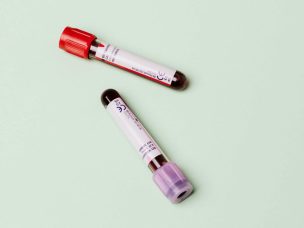MONDAY, Sept. 28, 2020 (HealthDay News) — Real-world, pre-COVID-19 adverse events data show hydroxychloroquine (HCQ) and chloroquine (CQ) are associated with cardiovascular adverse events (CVAEs), according to a study published online Sept. 22 in the British Journal of Clinical Pharmacology.
Adam Goldman, from the Sackler School of Medicine at Tel Aviv University in Israel, and colleagues analyzed real-world data using the U.S. Food and Drug Administration Adverse Events Reporting System database to assess HCQ/CQ-associated CVAEs in pre-COVID-19 reports (July 2014 through September 2019).
The researchers identified 4,895 reports of HCQ/CQ-related adverse events, of which 14.2 percent were CVAEs. HCQ/CQ use was associated with a higher reporting rate of major CVAEs, including cardiomyopathy (1.8 percent; reporting odds ratio [ROR], 29.0), QT prolongation (0.9 percent; ROR, 4.5), cardiac arrhythmias (2.4 percent; ROR, 2.2), and heart failure (2.8 percent; ROR, 2.2), compared with the full database. There were no statistically significant differences noted between sex and age groups. Among patients with systemic lupus erythematosus and Sjogren’s syndrome, CVAEs were reported more often. Hospitalization and mortality rates were 39 and 8 percent, respectively, for HCQ/CQ-associated CVAEs. Overdoses were associated with an increased frequency of QT prolongation and ventricular arrhythmias (35 and 25 percent, respectively).
“Since COVID-19 infection leads to a systemic inflammatory state, the use of HCQ/CQ should be carefully considered as an off-label indication for COVID-19 treatment, especially in the case of cardiac comorbidity,” the authors write.










